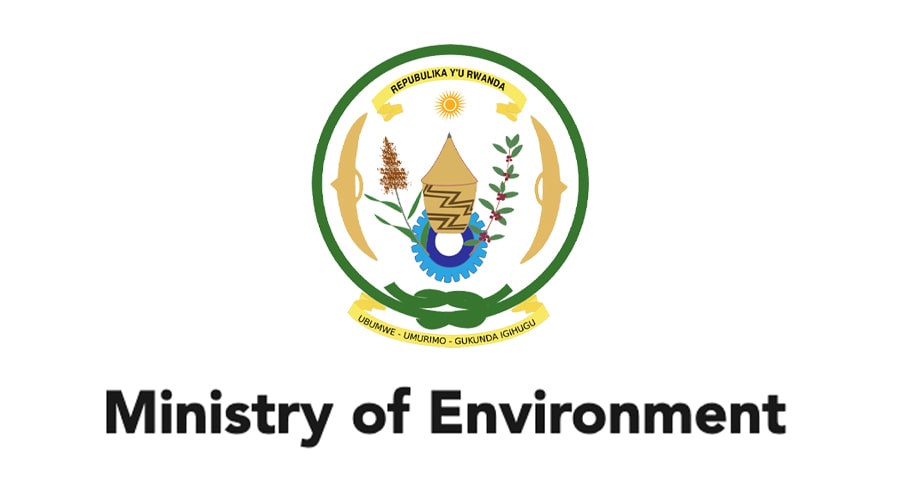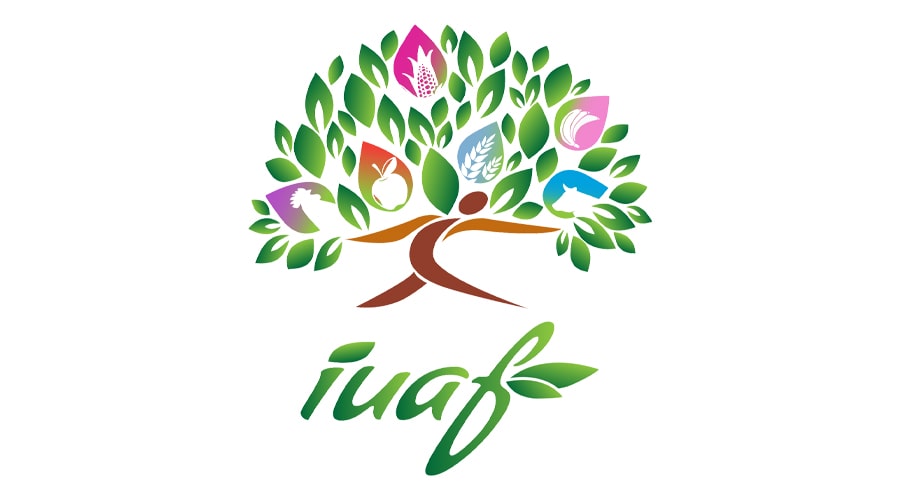Call for Abstract
Call for abstracts for the 6th World Congress on Agroforestry: "AGROFORESTRY FO PEOPLE ,PLANET & PROFIT” on 19-23 May 2025
Farmers, researchers, advisors, policymakers, and representatives from the government, the civil society and the private sector from all over the world are invited to submit their abstract of recent research, development project or innovative field work findings for either a poster or oral presentation to support a free-flowing discussion on cutting-edge agroforestry research and best practices.
Following submission, the scientific committee members will analyze your abstract and promptly notify you of its acceptance or rejection. Accepted abstracts will be compiled and made freely available in the congress Book of Abstracts.
Deadline for abstract submission: 15 January 2025
Submission guidelines:
Abstract Language: French/ English
- Title of the paper
- Address of presenting author: Name, email address, phone number
- Name of co-author
- Maximum number of words: 500 words in plain text or MS Word format, indicating the background, aims and objectives of the research, the methodology, the key findings and the main conclusions.
- At least 1 table or 1 figure
- Front: Times New Roman
- Size: 12-point font
- Lines spacing: Single spacing
- The abstract should and must have a full published paper.
ABSTRACT SUBMISSION
Abstract submissions are invited for the following 8 thematic areas that will be addressed during the Congress
Agroforestry mitigates climate change by sequestering carbon, reducing emissions, and lowering fossil fuel use on farms. It aids adaptation by increasing resilience against climate risks and providing various benefits. Research on its contributions to emissions reduction, carbon neutrality, climate variability, adaptive capacity, and climate modeling is relevant.
Agroforestry enhances ecosystem functionality in agriculture, restoring biodiversity and improving land management. Trees outside forests boost productivity, protect biodiversity, combat degradation, and improve soil and water health. They also cool urban areas and mitigate floods. Research on their contributions to ecosystem and landscape health is relevant.
Agroforestry improves livelihoods by enhancing resilience, diversifying products, and reducing costs. It boosts socioeconomic status, productivity, and inclusion. However, it may create trade-offs affecting gender and equity. Research on benefits, trade-offs, household dynamics, inequality reduction, and cultural factors influencing tree use is relevant.
Agroforestry enhances food security by providing tree foods, supporting crop production through improved soil and water management, and increasing farmers’ incomes. Research on its role in nutrition, climate-smart agriculture, food distribution, consumption, and health is relevant.
Agroforestry provides sustainable solutions for bioeconomy products, biomass for bioenergy, and climate change mitigation. Research covers diverse bioeconomy applications, energy production, biomass resources, and bioenergy opportunities. A subsection explores links between agroforestry and agrivoltaics for food and energy transitions.
Climate change impacts drive technology development for agriculture and forestry. Innovations aim to boost productivity, resilience, and profitability. Research covers land management, tree genetics, mechanization, data analysis, and AI applications to enhance farming and forestry systems’ resilience to climate challenges.
Agroforestry is significantly influenced by regulatory and policy environments. This session examines policy, governance, and financial frameworks affecting agroforestry decisions. It analyzes existing regulations, identifies gaps, and models the impact of well-designed policies. Research covers policy reviews, financial modeling, carbon market mechanisms, and biodiversity credits.
Silvopastoral systems integrate trees in grazing lands, contributing to greenhouse gas mitigation. Research covers carbon and ecosystem benefits, livestock integration in silvoarable systems, nomadic pastoralism management, and impacts of animal management on wildlife, trees, and livestock in silvopastoral environments.
Submission Form
Contact Information
If you have any questions regarding the Scientific program, please feel free to contact us through
Email at: scientificprogram@agroforestry2025.org. Contact Person: WCA Team


